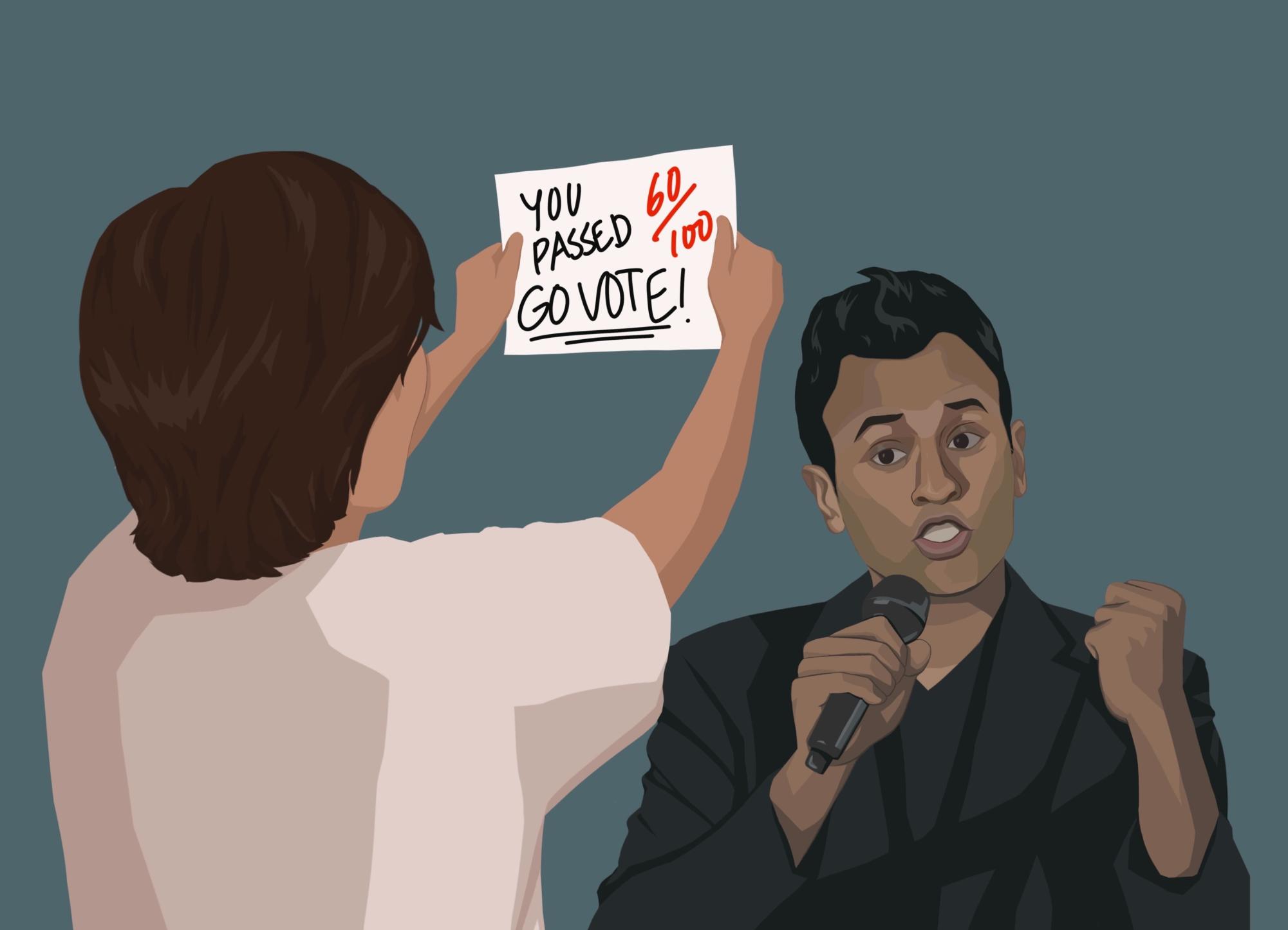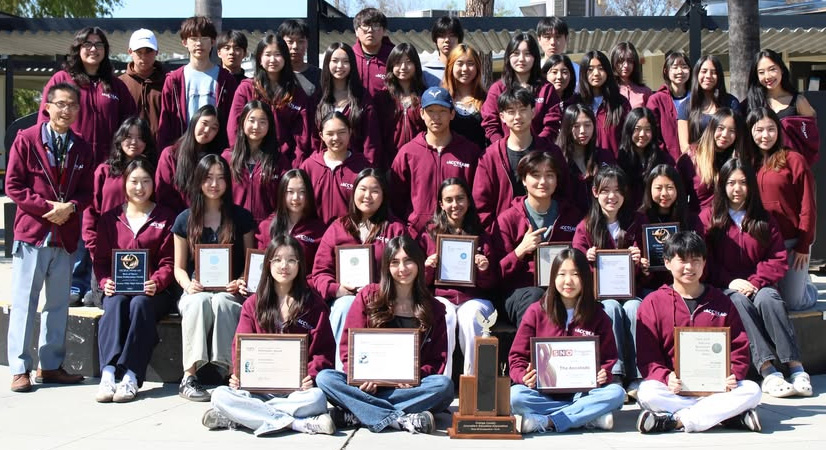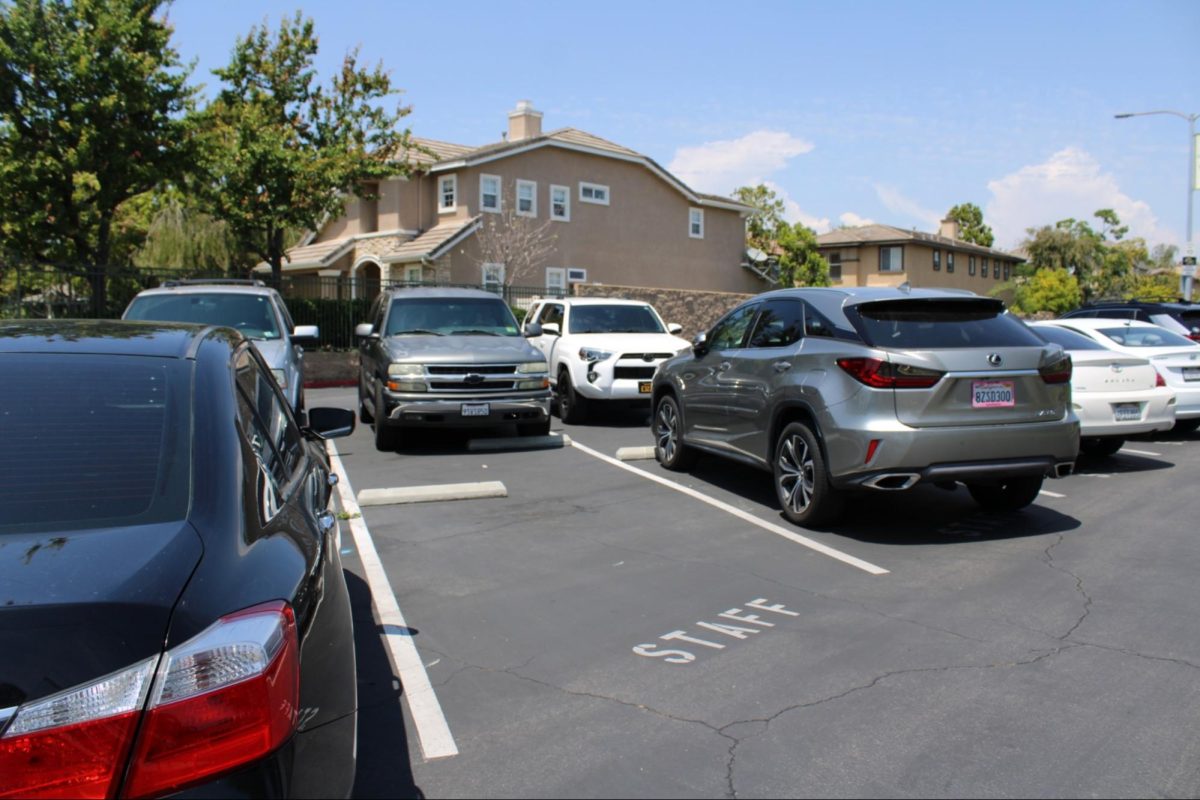Republican presidential candidate Vivek Ramaswamy, the youngest of the current nine vying for the chance to take on Democratic President Joe Biden, proposed a plan to pass a constitutional amendment that would require citizens ages 18-24 to pass a civics test to vote.
If citizens do not take the test, the alternative would be to serve in the U.S. military or as a first responder for six months.
“I think every high school kid graduating from high school should pass the same civics test that our parents had to pass to become immigrants of — voting citizens in this country,” said Ramaswamy, during a campaign stop in Contoocook, New Hampshire, in September.
Just as his parents once had to pass the test to become rightful citizens, he feels that no reason keeps current students from taking it.
In 2020, 17 states had it as a graduation requirement.
As of 2022, Arizona has placed a requirement for students to get a 70% minimum score to graduate.
While the current California state regulations do not necessitate the test, it should be added to our education requirements to avoid ignorant votes and laws that can be detrimental to U.S. citizens.
Civics education doesn’t mean to make people take a test that proves “stately knowledge”; it serves to inform on people’s beliefs and actions, as well as how citizens have rights and obligations to their society.
People often submit their votes without realizing the significance a single vote holds.
While one vote can seem impossibly small in the sea of a million others in the U.S., it has the power to topple the outcome of a vote.
An example of this scenario is when Jose Morales won the Stockton Unified School Trustee Area No. 3 seat by one vote in 2008.
This lack of awareness is not something all too unusual, as the curriculum requirement specifically for civics was removed around the 1960s to put more importance on subjects such as math and reading.
While the United States Government and Politics class was added later as a graduation requirement, it is considered to be a course that focuses more on government knowledge and politics than the duties of a citizen and how civics can be applied to daily life.
As a result, many people vote without considering the consequences of their choice.
This can be seen especially in California’s Proposition 47, passed on Nov. 5, 2014, making nonviolent property crimes $950 and under into misdemeanors with a six-month maximum jail time.
While the number of nonviolent crimes did decrease over time, it’s debatable whether the decrease has to do with the fact that the crime has been resolved or is just now less documented.
As stealing in large quantities is no longer considered a felony, the severity of the issue has lessened. This means that even with “low crime,” these offenses are still ever present.
Now, the law was passed with the good intention of lowering the prison population by lightening the punishment on non-serious, nonviolent crimes, and it did succeed. But in the process, it provided a stronger incentive to steal more as long as it remained in the confines of the punishment.
Stealing will still end in prosecution but the legal severity of the crime has decreased.
To prevent future incidents of unqualified voters making fundamental decisions, the Civics Education Initiative [CEI] was pushed out by the Education Commission of the States, implemented in 17 states as a requirement as of 2022, California not included. Eight of these states require high school students to take or pass the civics test as a graduation requirement.
The current assessment given to students varies by state but generally draws questions from the same 100 on the U.S. citizenship test, but while the citizenship test gives the respondee 10 randomly selected questions from the original 100 and expects a minimum score of six correct, the requirement at schools is for students to get more than half of the full 100 questions correct.
The result: people will be forced to educate themselves on basic knowledge regarding the U.S. government, history and geography to become smart voters.
However, despite the implementation of a civics test, a study administered by Pennsylvania State University members Jilli Jung and Maithreyi Goplan noticed the ineffectiveness of the CEI.
The amount of voting youth, ages ranging from around 18-24 years old, still remains low despite the efforts of increased civics education.
According to an Accolade poll administered from Saturday, Sept. 7-Friday, Oct. 27, 34% out of 95 respondents approved of adding the civics test, while 20% disapproved; 46% had no opinion because they weren’t planning to vote.
But a civics education requirement isn’t the only obstacle because today’s youth is distrustful of the government, with 57% of young adults feeling dissatisfied with the political system, according to a study by the Institute of Citizens & Scholars.
With the lack of youth voters, the beneficial effect of the implemented civics test is questionable.
“It is important for policymakers to understand, [that] when it comes to improving youth voter turnout, traditional approaches to civic education that emphasize memorizing civic facts [don’t] seem to be working,” Jung said. “We might want to change our focus on civic education from memorizing basic facts to learning and practicing actual civics skills.”
A civics test requirement for every person might seem like overkill, especially if an option for a high school civics education course appears.
Despite all that, a civics education does not mean everyone gains and retains the necessary knowledge on the subject. The civics test is the ideal way to check for understanding and ensure citizens are ready and well-informed.
Such functioning citizens are key to maintaining an ideal and prospective society, and the civics test is just one way to bring our state closer to such a goal.
The implementation of a civic test is a welcome start, but it is only the first step of many to a more productive and bright future. While a freely voting country where citizens can express their opinions is wonderful, the prosperity of a country relies on the education and knowledge of its citizens.






